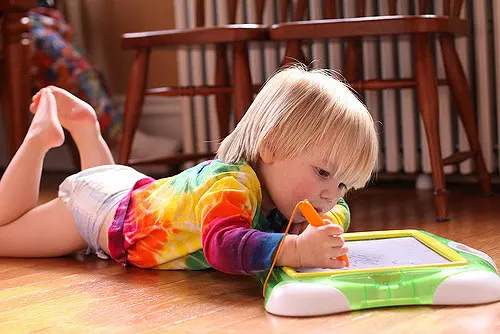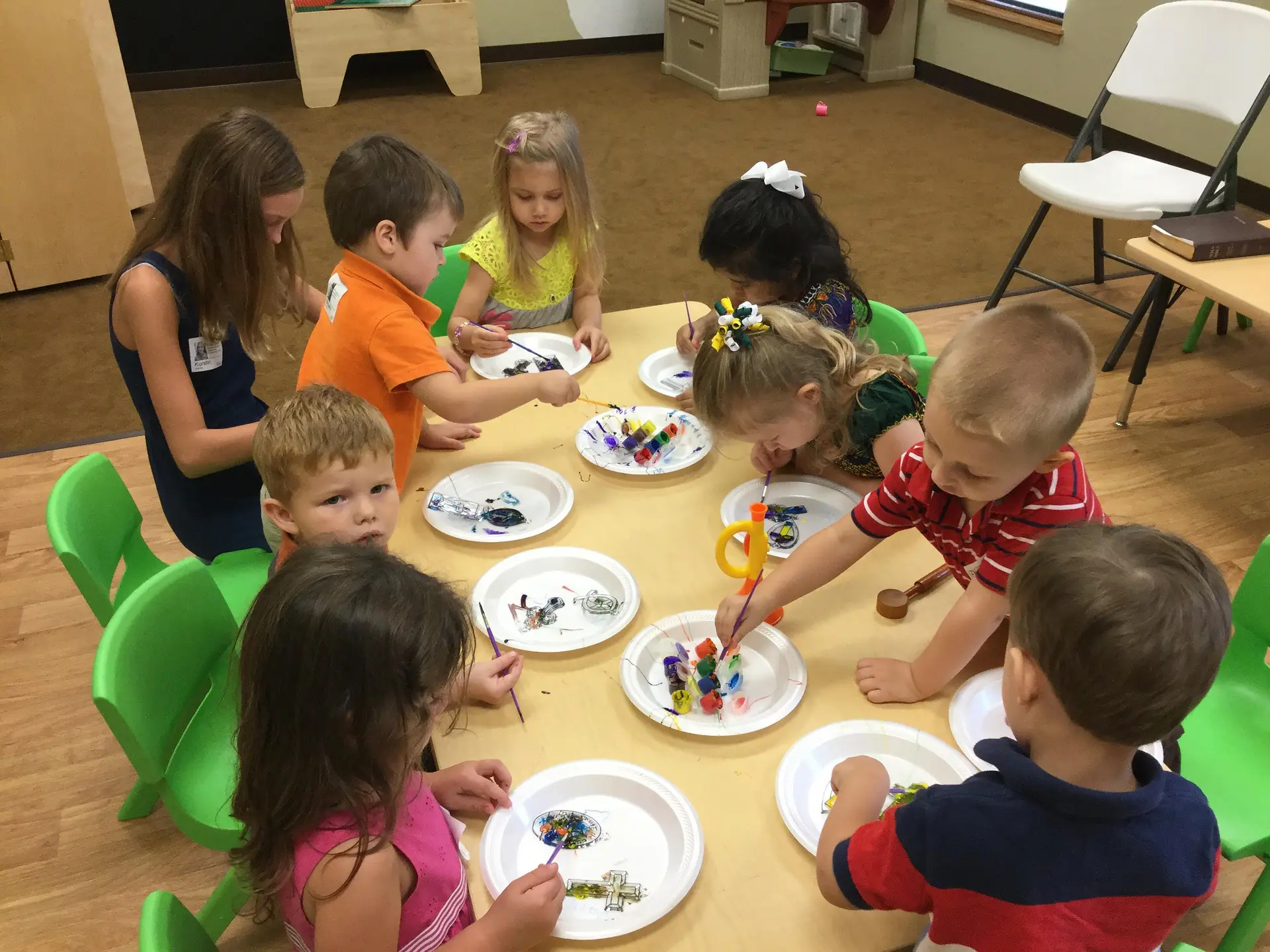From Toddlers to Teens: How to Teach Your Kids About Money
By Yulissa Asprilla
One of the more important lessons you could give your children is financial education. I know that sometimes as parents we feel that we have to keep them in a bubble to preserve their way of perceiving the world, but the earlier they learn the better.
Additionally, financial literacy is a critical life skill that becomes increasingly essential as your children grow older and begin to make important financial decisions. Whether it's managing their money as young adults, picking a college degree, or planning for retirement, financial education can empower them to make informed decisions and achieve financial stability.
Lessons & Activities by Age
Researchers from the University of Minnesota recommend focusing on concepts like earning, spending, saving, borrowing, and sharing when teaching children about money. According to a study by University of Arizona doctoral student Ashley LeBaron, hands-on learning opportunities through example, explanation, and applied practice are effective in teaching children about money. LeBaron suggests that parents should not shield children from financial mistakes and should instead provide them with money early on to practice managing and spending it wisely.

Toddlers
At this age, we have to focus on keeping it simple and fun, and I’m sure you already do some of these activities:
- Make a saving jar: you can use a clear jar, the classic piggy bank, or any other figure that your child likes. And it could help if it's for something that your child is waiting for, for example when I was a kid I used to save in my piggy bank for “Santa Claus’s apples”.
- Play store: Set up a pretend store at home using play money and items from around the house. Encourage your toddler to "shop" and pay for their items with the play money. This activity can help them understand the concept of buying and selling, as well as the value of money.
- Counting money: Practice counting money with your child using real or play money. Start with small amounts and gradually increase the difficulty as they become more comfortable with the concept.
- Talk about needs vs. wants: this is very important, it would help your toddler understand the difference between things they need (e.g. food, cloth) and things they want (e.g. toys, sweets)

Preschool and Kindergarten: Ages 3 to 5
- Read books about money: Choose children's books about money, such as "Alexander, Who Used to Be Rich Last Sunday" by Judith Viorst or "The Berenstain Bears' Dollars and Sense" by Stan and Jan Berenstain.
- Goal setting: Help your child set a financial goal, such as saving up for a toy or a special treat, and encourage them to track their progress.
- Allowance: Consider giving your child an allowance, with the expectation that they will save some of it and spend some of it.
- Charity: Encourage your child to share their money by choosing a charity or cause that they care about and making a donation.

Elementary School and Middle School: Ages 6 to 14
- Budgeting: Give your child a weekly or monthly budget and help them plan how to allocate their money for different needs and wants.
- Comparison shopping: Take your child grocery shopping and teach them how to compare prices and look for sales and discounts.
- Bank account: Help your child open a savings account and teach them about the benefits of earning interest.
- Family finances: Involve your child in family financial decisions, such as planning a vacation or deciding on a major purchase, and discuss how money affects these decisions, this is valuable not only for your kid to learn about money but also for your kid to feel like he or she is been listened to.
- Investing: Teach your child about the stock market and investing by playing a virtual stock market game or creating a mock portfolio.

High School: Teens Ages 16 to 19
Now you have a teen, maybe it's not fun for them anymore but with great power comes great responsibility, now they are closer to being an independent adult so is crucial that they acknowledge financial literacy.
- Part-time job: Encourage your teenager to get a part-time job and teach them about income taxes, paycheck deductions, and budgeting.
- College planning: Help your teenager research and compare the costs of different colleges and discuss strategies for paying for college, such as scholarships, grants, and student loans.
- Credit cards: Teach your teenager about responsible credit card use, including the importance of paying bills on time and avoiding high-interest debt.
- Car ownership: Help your teenager understand the costs associated with owning and maintaining a car, including insurance, gas, and repairs.
- Entrepreneurship: Encourage your teenager to start their own business, such as a lawn care service or a tutoring business, and teach them about marketing, pricing, and financial management.
Nobody knows everything, remember that, that's why you are here, looking for information to learn new things or improve the ones that you already know, so don't get frustrated if you feel like you don't know enough financial literacy to educate your child, you will get to that and I’m sure you will improve your knowledge while teaching and playing with your child.
About the author: Yulissa Asprilla is an Outreach Specialist on Annuity.org, Working with the community to promote education, develop initiatives, track progress, and make sure to provide accurate information on financial matters.
About Us-
Contact Us -
Privacy Policy©2023 TheParentVine.com a brand owned by GADL Enterprises, LLC. All rights reserved.
TheParentVine.com earns commissions on products sold.